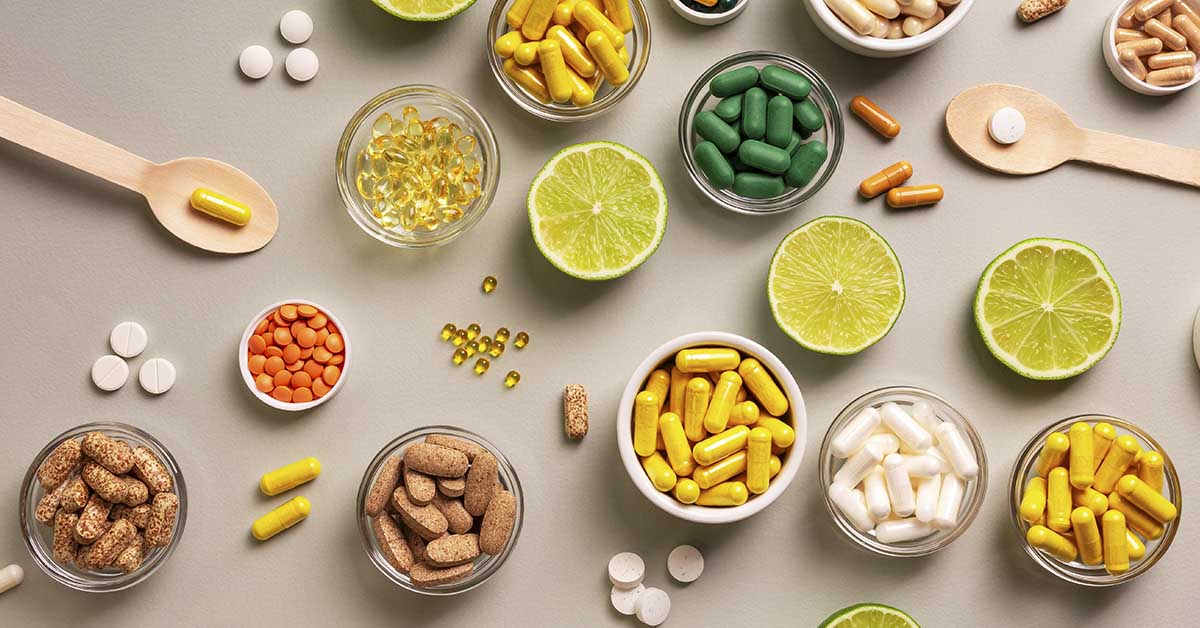This site contains product affiliate links. We may receive a commission if you make a purchase after clicking on one of these links
In our current age, with health and wellness trends now expanding to social media, dietary supplements are more popular than ever. According to the FDA, about 75% of Americans use at least one dietary supplement, making them common items in medicine cabinets. Many take them for health improvement and some take them as an alternative to traditional pharmaceutical drugs. However, FDA warns dietary supplements “are not intended to treat, diagnose, prevent, or cure diseases.”
Many supplements may provide powerful health benefits. However, some are considered “risky supplements” because they may cause side effects or toxicity. Others can interact with medications, leading to potentially serious health problems. This article explores the issues people may face with risky supplements and provides evidence-based guidance on how to use them safely.
How are Supplements Risky?
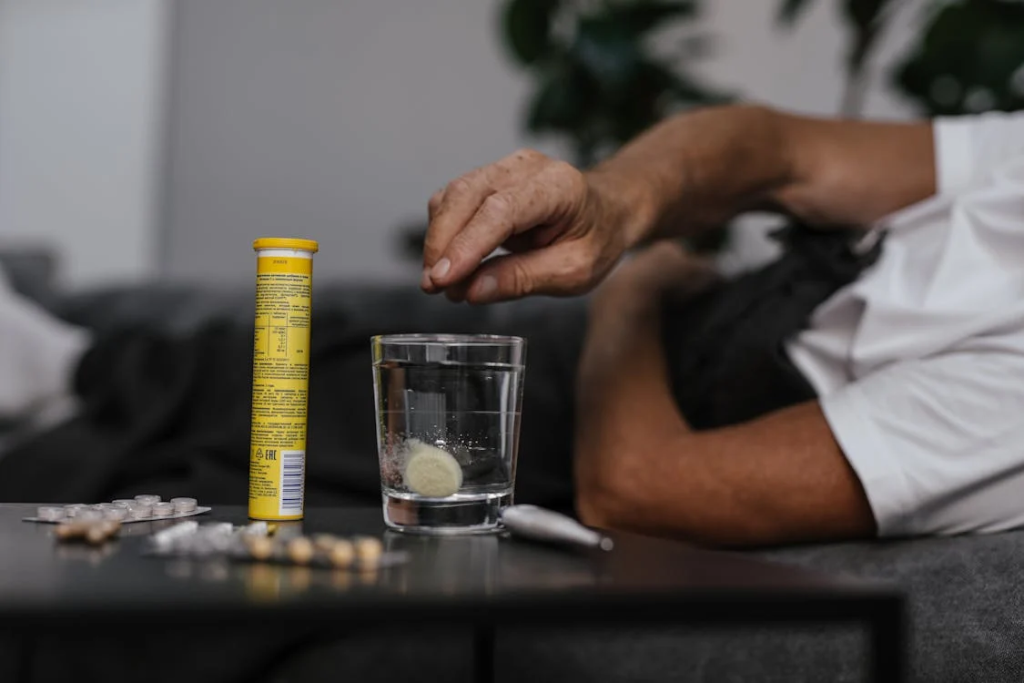
Dietary or herbal products can cause harm if misused, taken in high doses, or combined with certain medications. These include some vitamins, minerals, herbal extracts, and proprietary blends. The risks often stem from their potency, lack of regulation, and the misconception that “natural” always means “safe”.
Common Risks Associated with Supplements
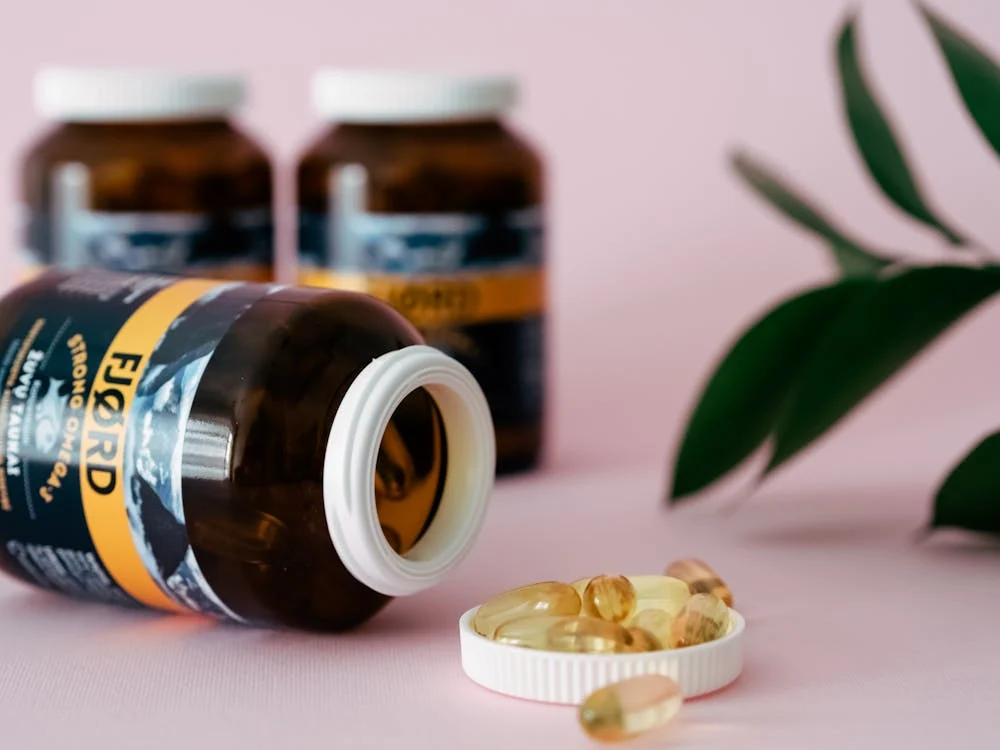
Supplements can cause a variety of adverse effects. High doses of certain vitamins, such as vitamin A or B6, can lead to toxicity, liver damage, or nerve injury. Herbal supplements like St. John’s wort or kava may interact dangerously with prescription drugs, reducing their effectiveness or causing serious side effects. Some supplements, especially those marketed for weight loss or energy, have been linked to heart problems and hospitalizations.
Vitamin A

Vitamin A supports vision, skin, and immune health. However, it is a risky supplement when taken in high doses because it builds up in the liver and fatty tissues. Chronic intake above 3,000 micrograms can cause toxicity, leading to liver damage, bone pain, and skin changes. Pregnant women should avoid high doses due to the potential for birth defect risks.
To use vitamin A safely, stick to the recommended daily intake of 700-900 micrograms (mcg), consult your healthcare provider, and choose supplements manufactured under cGMP standards with third-party testing for purity and label accuracy. Quality vitamin A supplements are available at The Health Shop.
Vitamin B6
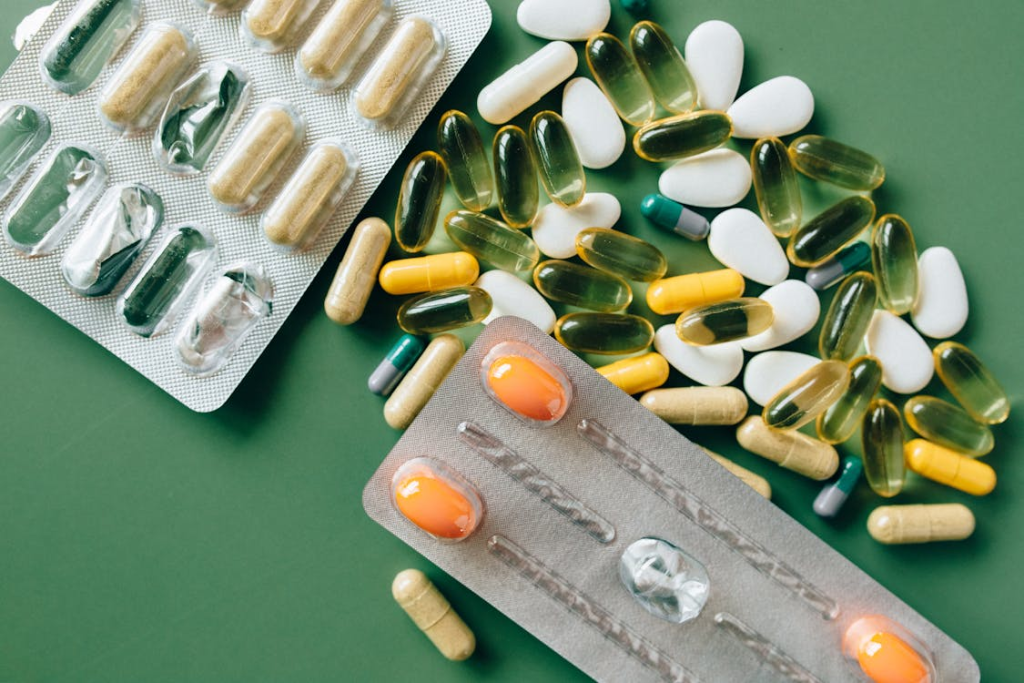
Vitamin B6 is vital for metabolism and nerve function, but can cause nerve damage if overdosed over long periods. Toxicity symptoms include numbness and difficulty controlling movements. The recommended daily allowance is 1.3-1.5 mg, while doses above 100 mg daily pose risks. Since B6 is often included in multivitamins and energy blends, check labels carefully. Use supplements from reputable brands that provide third-party verification to ensure safe dosage and ingredient quality.
Read More: The Top 10 Medicinal Plants and Herbs for Your Health
St. John’s Wort

Commonly used for mild depression, St. John’s wort is a risky supplement due to its interactions with many medications. It speeds up liver enzymes that metabolize drugs, reducing the effectiveness of antidepressants (especially SSRIs), birth control pills, and blood thinners. Combining it with SSRIs can cause dangerous serotonin buildup. Avoid St. John’s wort if you take psychiatric medications and always consult your doctor before use. Look for products with transparent labeling and third-party testing.
Black Cohosh

Black cohosh is promoted for menopause symptoms but lacks strong evidence for effectiveness. It can raise liver enzymes and, in rare cases, cause autoimmune liver injury. Symptoms include abdominal pain, fatigue, and jaundice. Purity varies among products, with some containing undisclosed ingredients. If you have liver issues, avoid black cohosh or use it only under medical supervision. Choose supplements tested for contaminants and accurate labeling.
Turmeric
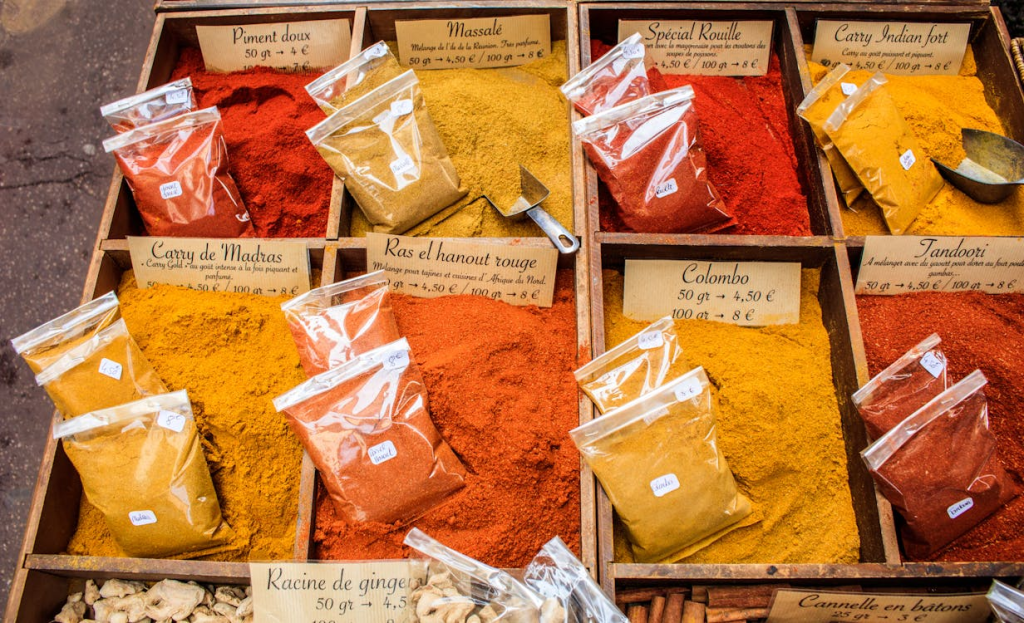
Turmeric supplements, rich in curcumin and often combined with black pepper for absorption, are popular for inflammation and joint health. However, high doses or prolonged use may overwhelm the liver and cause injury. Safe use involves limiting doses to under 2,000 mg daily for no more than 7 weeks.
Turmeric can interact with blood thinners and diabetes medications. Incorporate turmeric as a spice in your diet before supplementing, and always consult your healthcare provider. Buy from trusted brands with third-party testing.
Read More: 10 Things That May Happen to Your Body When You Take Turmeric Regularly
Kava
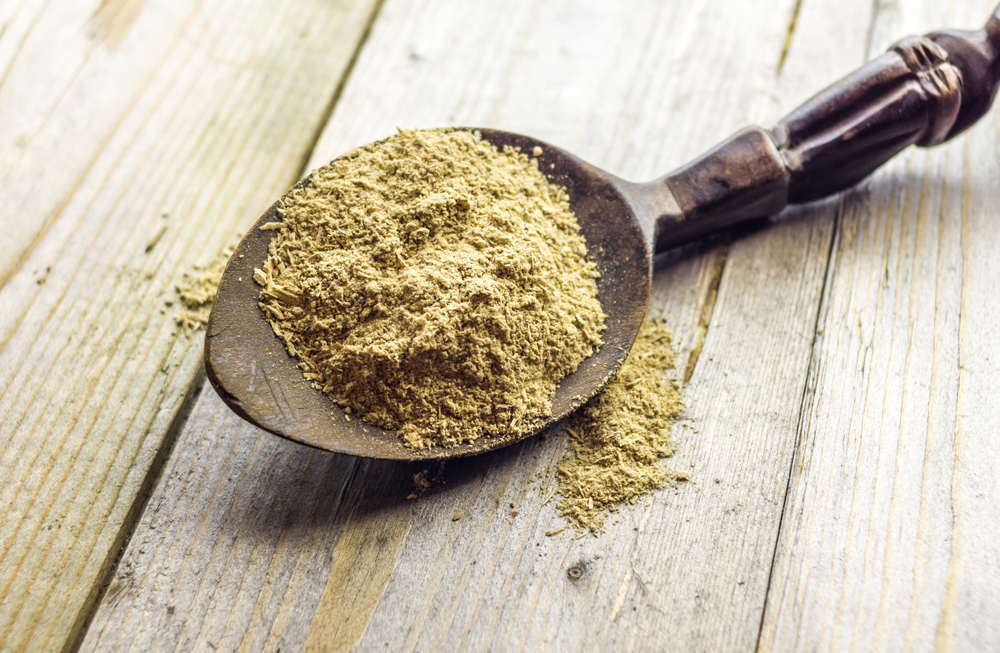
Used for stress relief, kava has sedative effects but carries risks of liver toxicity and neurological symptoms at high doses. It can interact dangerously with alcohol and sedative medications. Use kava only under medical supervision and avoid mixing it with other depressants. Select products from reputable manufacturers with clear ingredient disclosure and third-party certification.
Green Tea Extract

Green tea extract is valued for its antioxidants and weight management, but can cause gastrointestinal upset and liver toxicity at high doses (above 800 mg). It contains caffeine, which may cause jitteriness or sleep disturbances. Green tea extract can interact with medications, so consult your doctor before use. Choose supplements tested for purity and free from contaminants.
Read More: What Is Coffee Leaf Tea? 5 Potential Benefits.
Why Regulation Matters
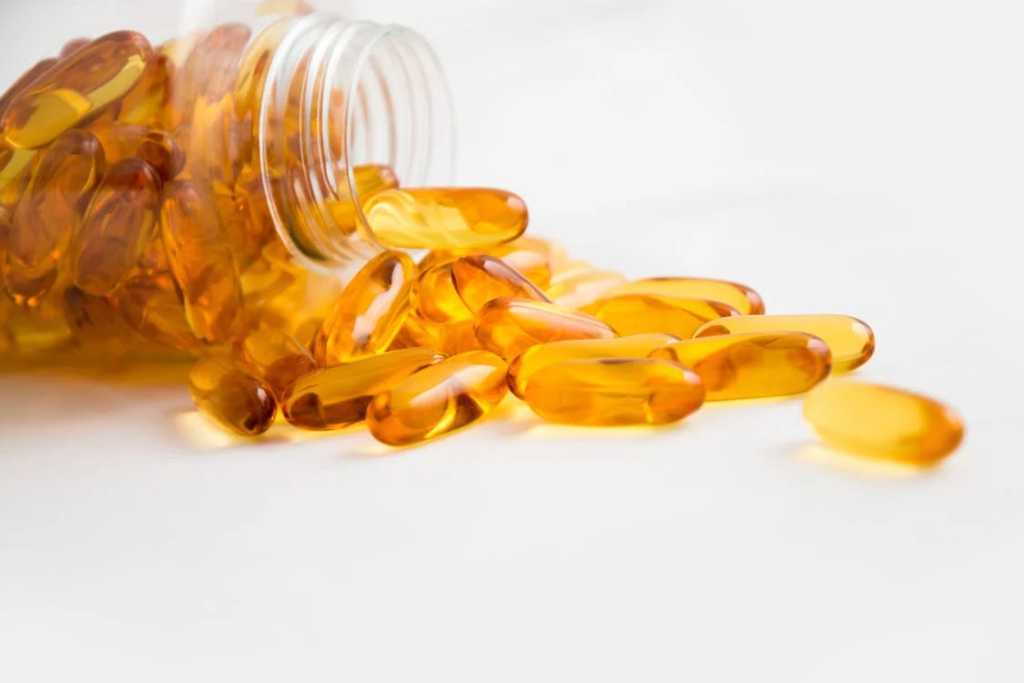
Unlike prescription drugs, dietary supplements are regulated as a category of food, not medicine. This means they do not undergo the same rigorous safety and efficacy testing before reaching the market. The FDA only intervenes after a product is shown to be unsafe or misbranded. As a result, the quality, purity, and potency of supplements can vary widely between brands. Therefore, it is crucial to understand which brands to trust.
Read More: 13 Medications and Supplements That May Help Slow Brain Aging
Identifying Quality Supplements
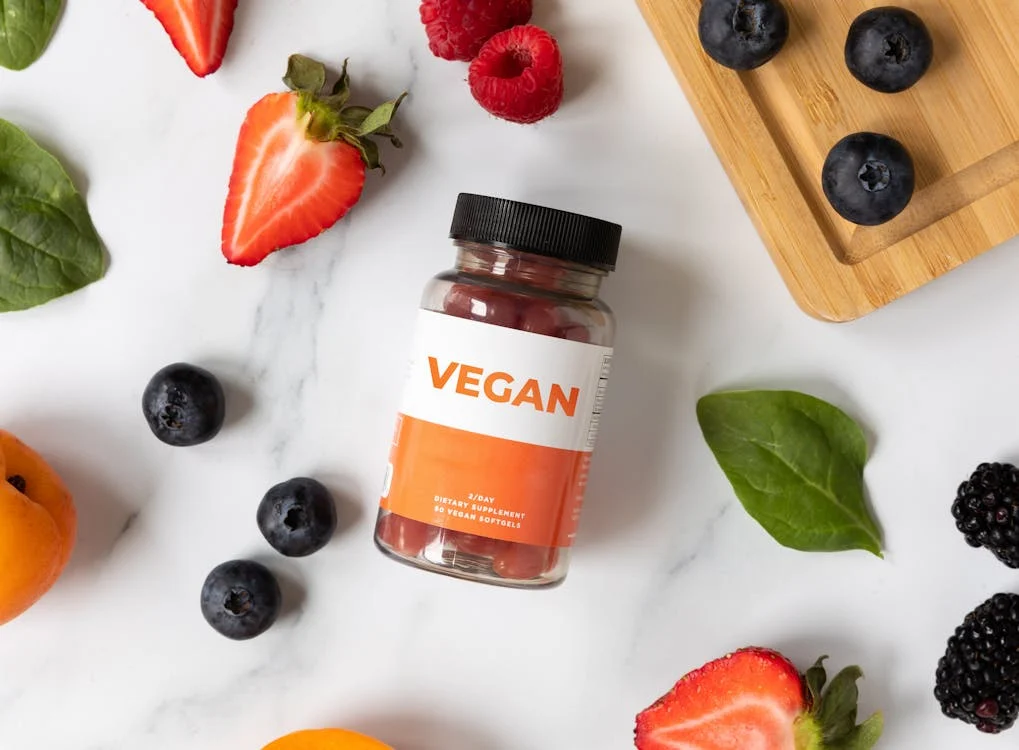
To reduce your risk of consuming risky supplements, consumers should seek products that meet high-quality standards. Look for supplements manufactured according to current Good Manufacturing Practices (cGMP). They ensure all products are made in safe, controlled environments and labeled accurately.
Third-party testing by organizations such as NSF International, US Pharmacopeia (USP), or ConsumerLab verifies that supplements contain what they claim and are free from harmful contaminants like heavy metals. Dietary supplements from The Health Shop meet these strict safety and quality guidelines.
How to Use Supplements Safely
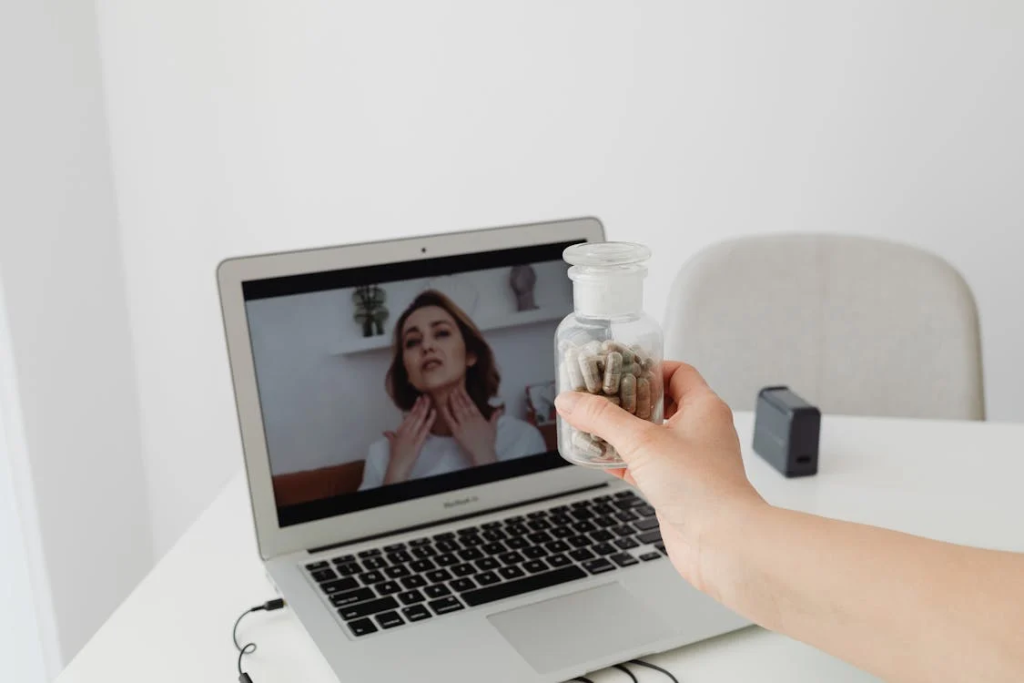
Using supplements safely starts with understanding your own needs. Most healthy adults can meet their nutritional requirements through a balanced diet, but supplements may be necessary for certain groups. Vulnerable populations, older adults, or people with specific deficiencies may find dietary supplements helpful. Always consult a healthcare professional before starting any new supplement, especially if you take prescription medications or have chronic health conditions.
Read More: 3 Morning Supplements That May Help to ‘Slow Down’ Aging And ‘Promote Longevity
The Importance of the Right Dose
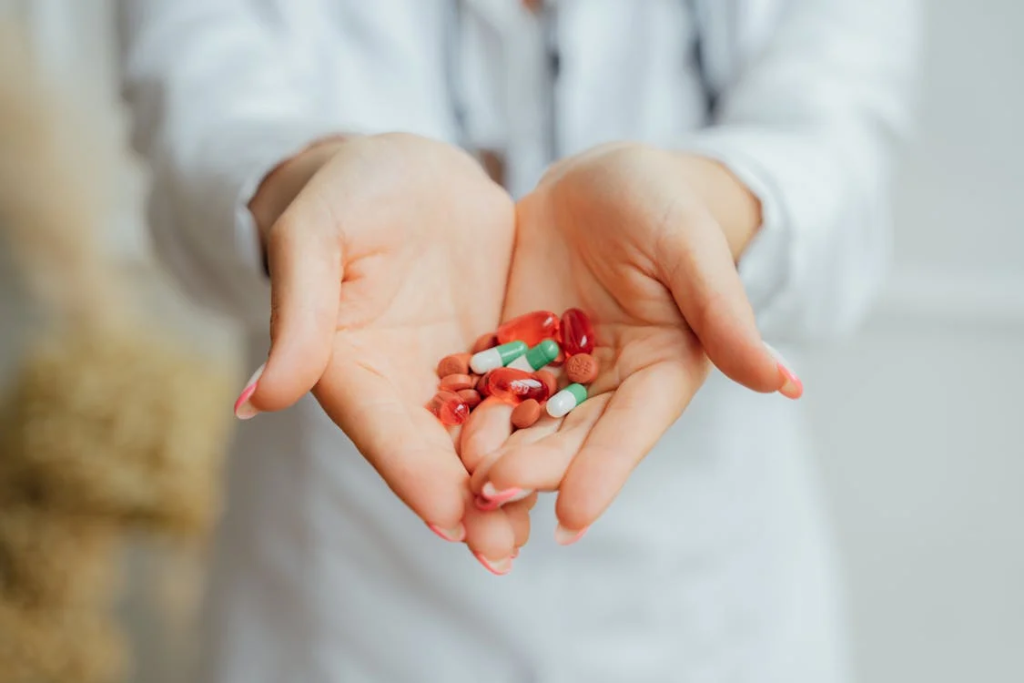
Taking more of a supplement does not always mean better, healthier results. The body can only absorb a particular amount of vitamins and minerals. Many vitamins and minerals have a narrow therapeutic window. This means that the difference between a beneficial dose and a toxic one can be small. For example, vitamin A toxicity can occur at just over 3 times the recommended daily intake, leading to liver damage and other serious health issues. Always follow recommended dosages and avoid exceeding the tolerable upper intake levels set by health authorities.
Watch for Drug Interactions
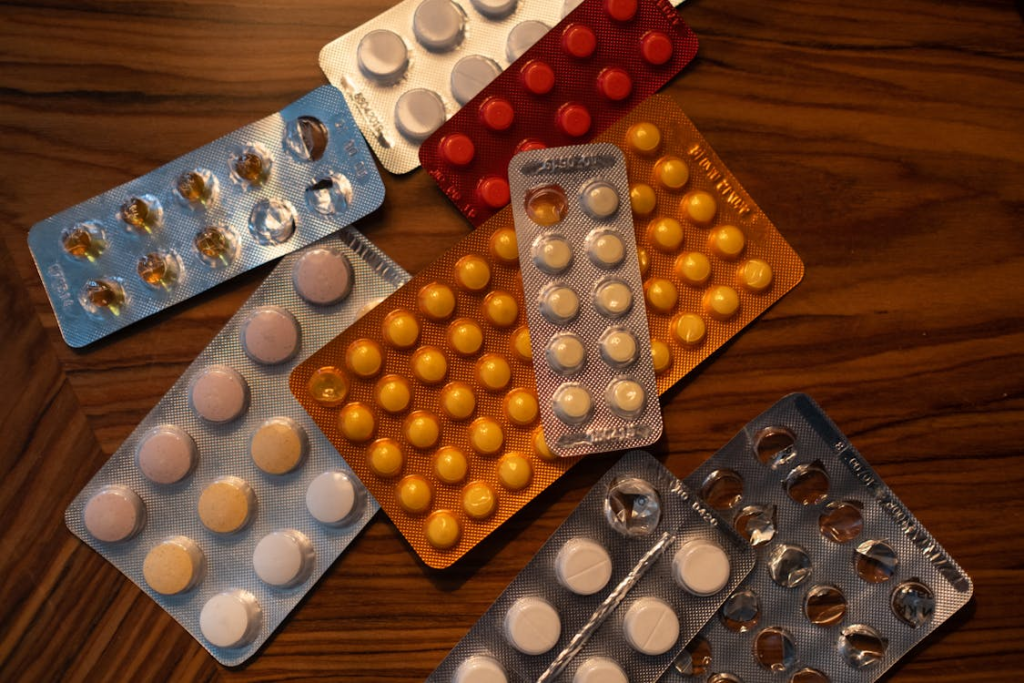
Dietary supplements can interact negatively with prescription and over-the-counter medications. St. John’s wort can reduce the effectiveness of antidepressants, particularly SSRIs, birth control pills, and blood thinners, sometimes with life-threatening results. Vitamin K can interfere with blood thinners, while antioxidants like vitamins C and E may reduce the effectiveness of certain chemotherapy drugs.
Red Flags When Shopping for Supplements
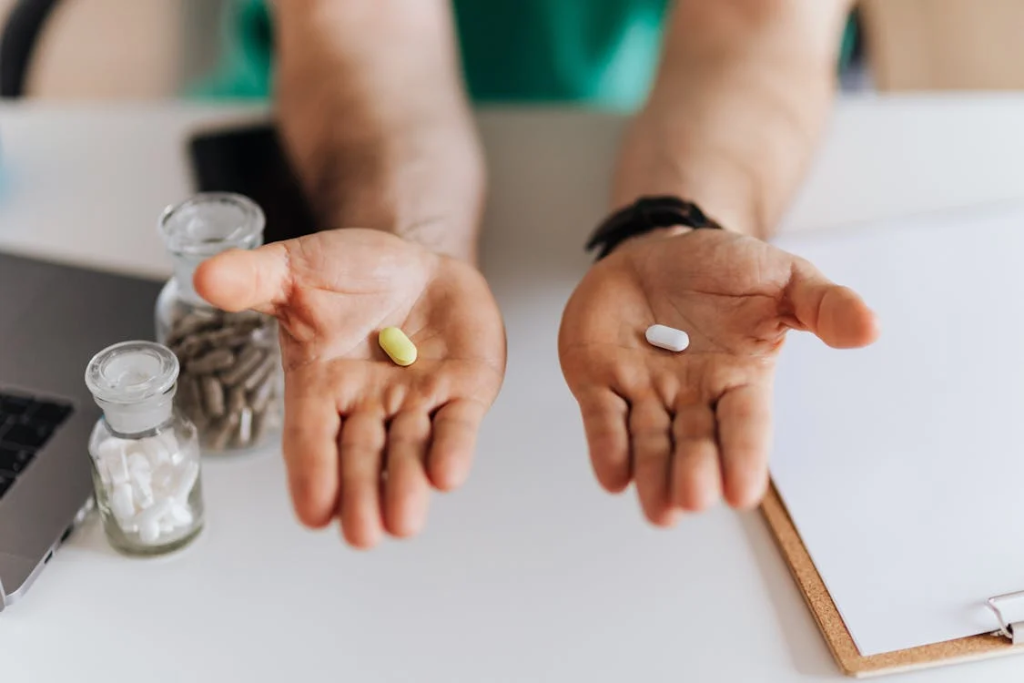
Be wary of supplements that make extravagant claims, such as promising to cure diseases or deliver rapid results. Avoid products from brands that do not fully disclose their ingredients or use vague terms like “proprietary blend” without specifying amounts. Choose supplements that display third-party certification seals and provide clear information about ingredients, dosage, and manufacturer contact details.
Where to Buy Safe Supplements

Purchase supplements from reputable retailers and trusted online sources that adhere to cGMP standards and third-party testing. Avoid buying supplements from unfamiliar websites or social media ads, as these may be counterfeit, expired, or contaminated. For a selection of quality-assured supplements, visit The Health Shop for products that meet strict safety and quality guidelines.
Conclusion

While supplements may not be alternatives to traditional therapies, they can be beneficial to overall health and well-being. However, it is best to always prioritize quality, adhere to recommended dosages, and consult healthcare professionals before starting new supplements. Look for cGMP manufacturing, third-party testing for impurities and label accuracy, and avoid products with outlandish claims or undisclosed ingredients. By following these guidelines, you can minimize the risks and take advantage of the benefits supplements offer to your health.
Disclaimer: This information is not intended to be a substitute for professional medical advice, diagnosis or treatment and is for information only. Always seek the advice of your physician or another qualified health provider with any questions about your medical condition and/or current medication. Do not disregard professional medical advice or delay seeking advice or treatment because of something you have read here.
Read More: Why These Two Common Vitamin Supplements Could Be Doing You More Harm Than Good
